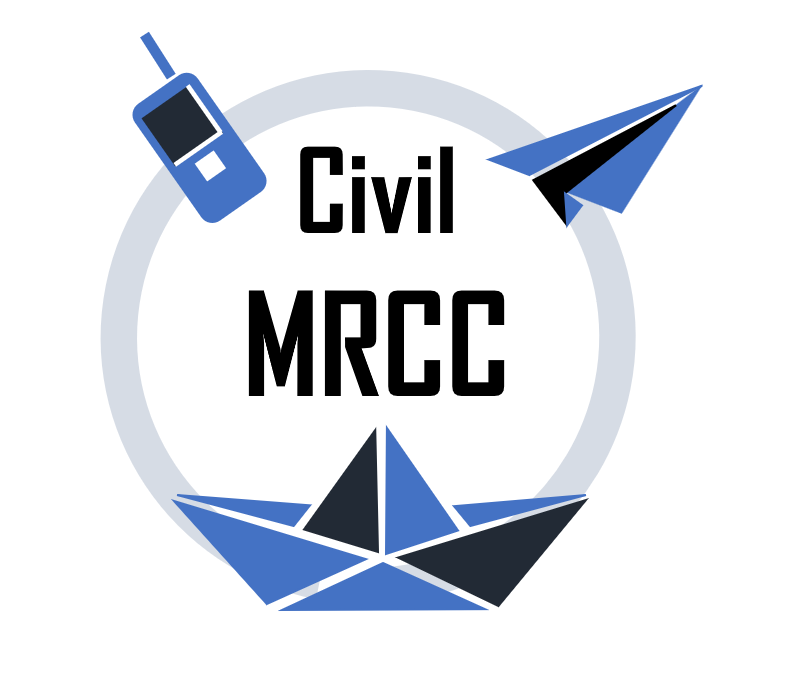Last June, the Sea-Watch 4 did its very last mission as Sea-Watch 4 – from now on she will continue to operate in the Central Mediterranean with SOS Humanity as “Humanity 1”. This last mission was quite extraordinary in the sense that the ship broke the record of transshipments in one rotation among the civil fleet, by assisting three other assets and taking over their rescued guests.
Transshipments have a long history in civil sea rescue. In early 2015, we handed over our guests to navy and coast guard assets whose rescue efforts we supported. When those stopped showing up, we bought bigger ships and had to start bringing the people to land ourselves. During this whole period, there were, regularly, merchant ships which came across people in distress and assisted them.
Then, during the dark Salvini period, no ship was allowed to enter ports when there were people in need on board. The message to the merchant industry was easy: If you help people in distress, you will run into trouble and make huge losses by having endless standoffs in front of European ports without being allowed in. So, better ignore them or participate in illegal pushbacks and hand them over to some Libyan military unit.
While the civil fleet was outraged about this development, the strategy of helping merchant vessels and preventing pushbacks by taking over the people only changed slowly. Rescue ships are ultimately better-trained and equipped to care for people rescued from distress at sea. The fear of doing something wrong, of being stuck in front of or in a port again, and of being criminalized for supporting each other and people on the move runs deep by now.
Of course, you could argue that we, again, take over a task that states deliberately have given up and therefore, we provide a solution and relief for what can only be described as state failure. But that’s the issue with civil sea rescue: While we want states to do their job, we know they won’t. So, if we are not doing it, this is on the backs of the people on the move. And that’s not an option.
So, if there were no fear of repression, what could be wrong with transshipments? What could be wrong with assuring the merchant industry that they won’t be left alone if they actually decide to help? What could be wrong with supporting other NGO ships who reached their limits of space and supplies in providing the best possible care for people on the move by taking them over? What’s wrong with looking at the Central Mediterranean as a whole and looking how we can maximize the available rescue capacities because we never have enough? Right, nothing.
So here is my plea and a reminder also for us: Let’s not have our decisions led by fear of something that should be a matter of course.

Picture taken from Nadir (ResQship), before a transshipment of the guests to the Sea Watch 4
By Alina Krobok from Sea-Watch



2025: 10 Years Summer of Migration